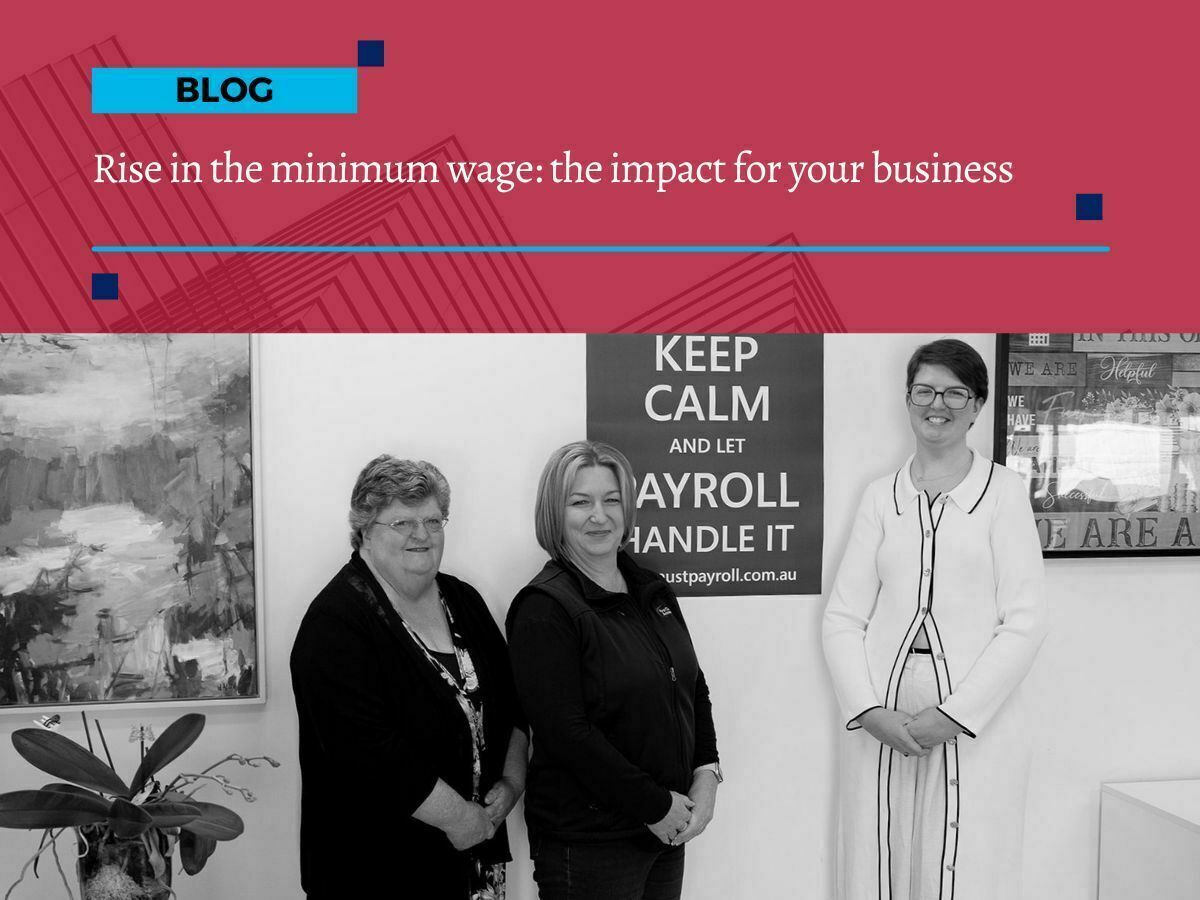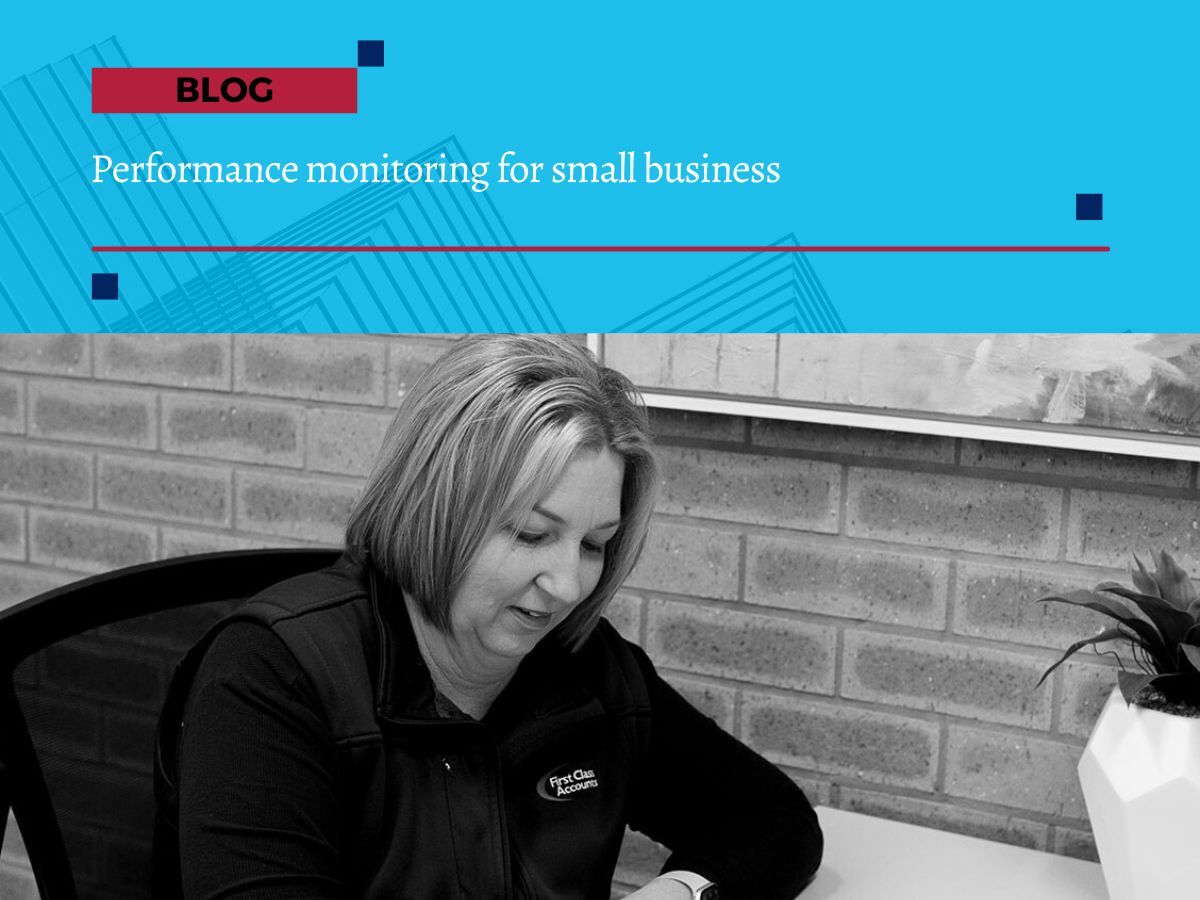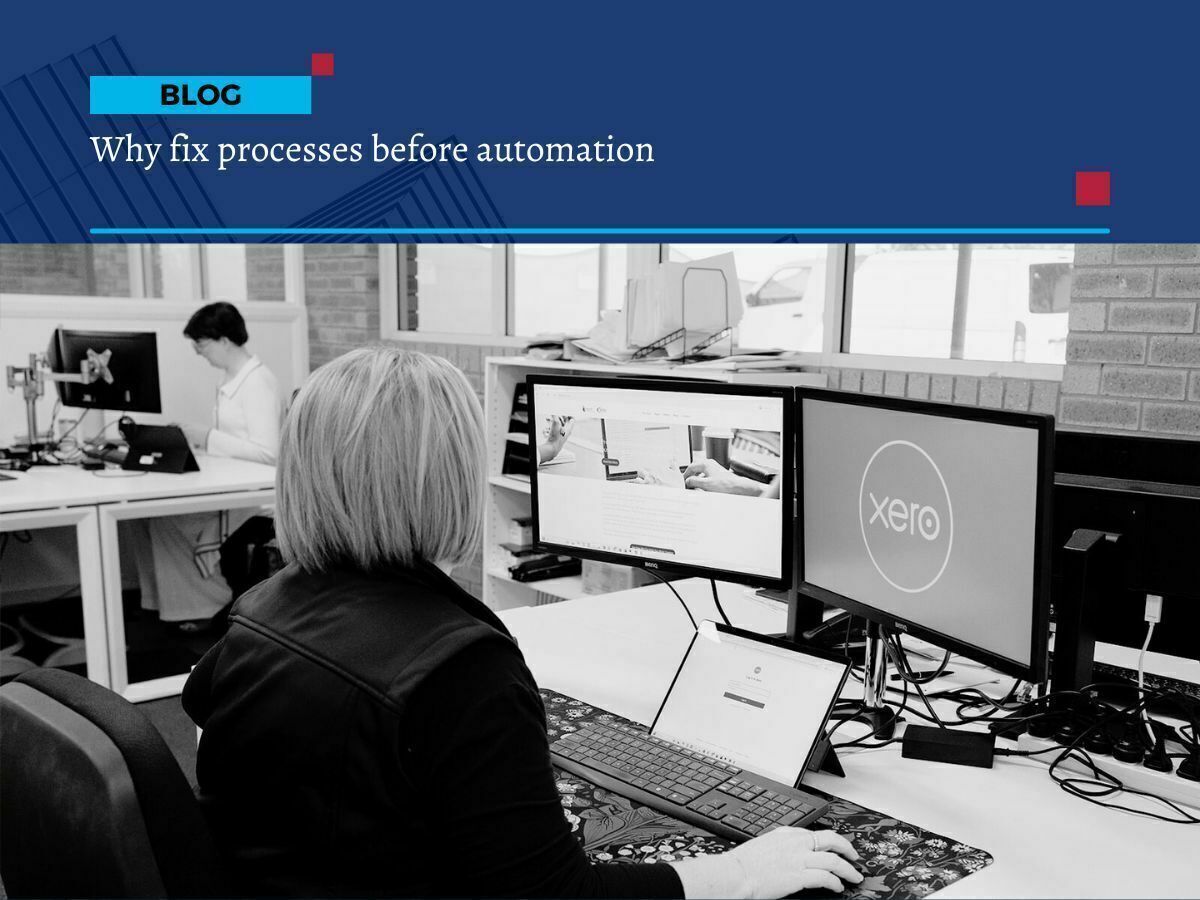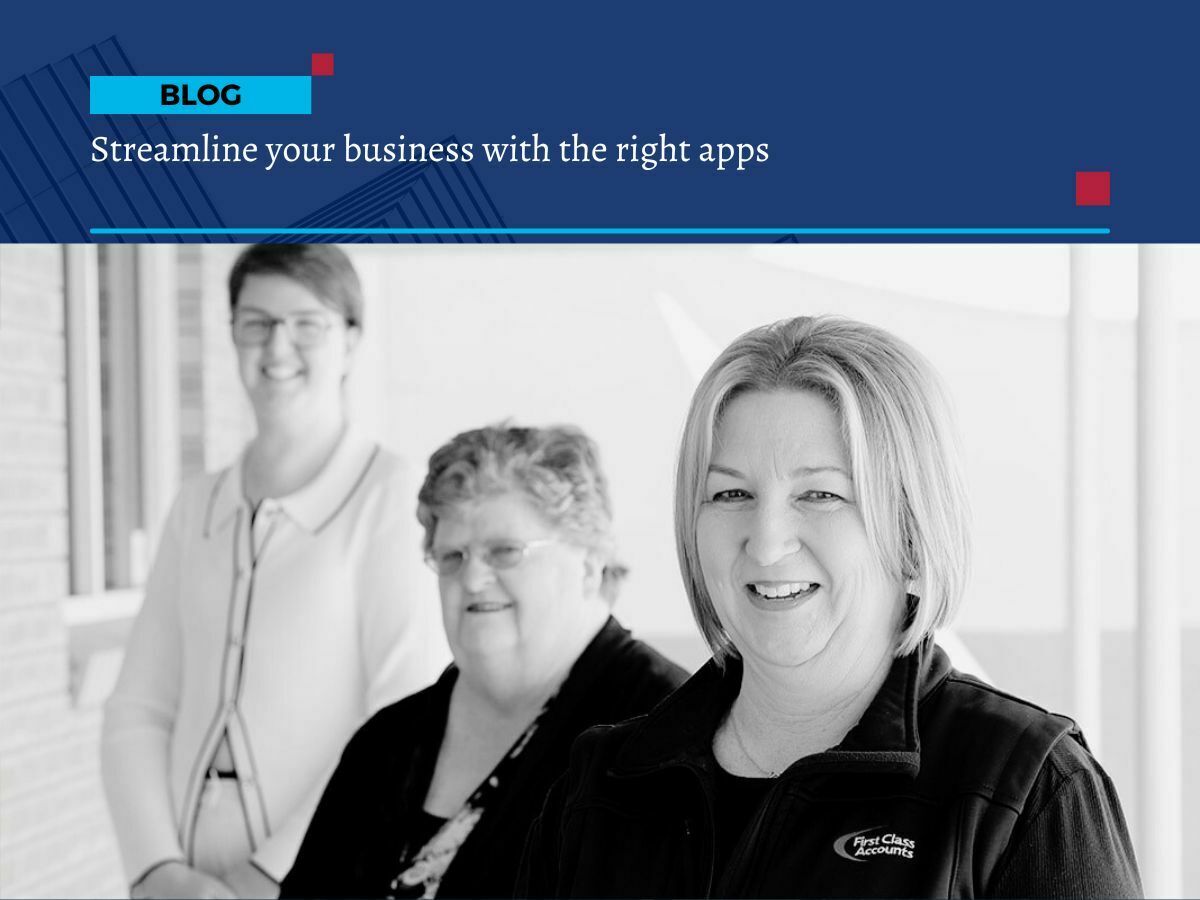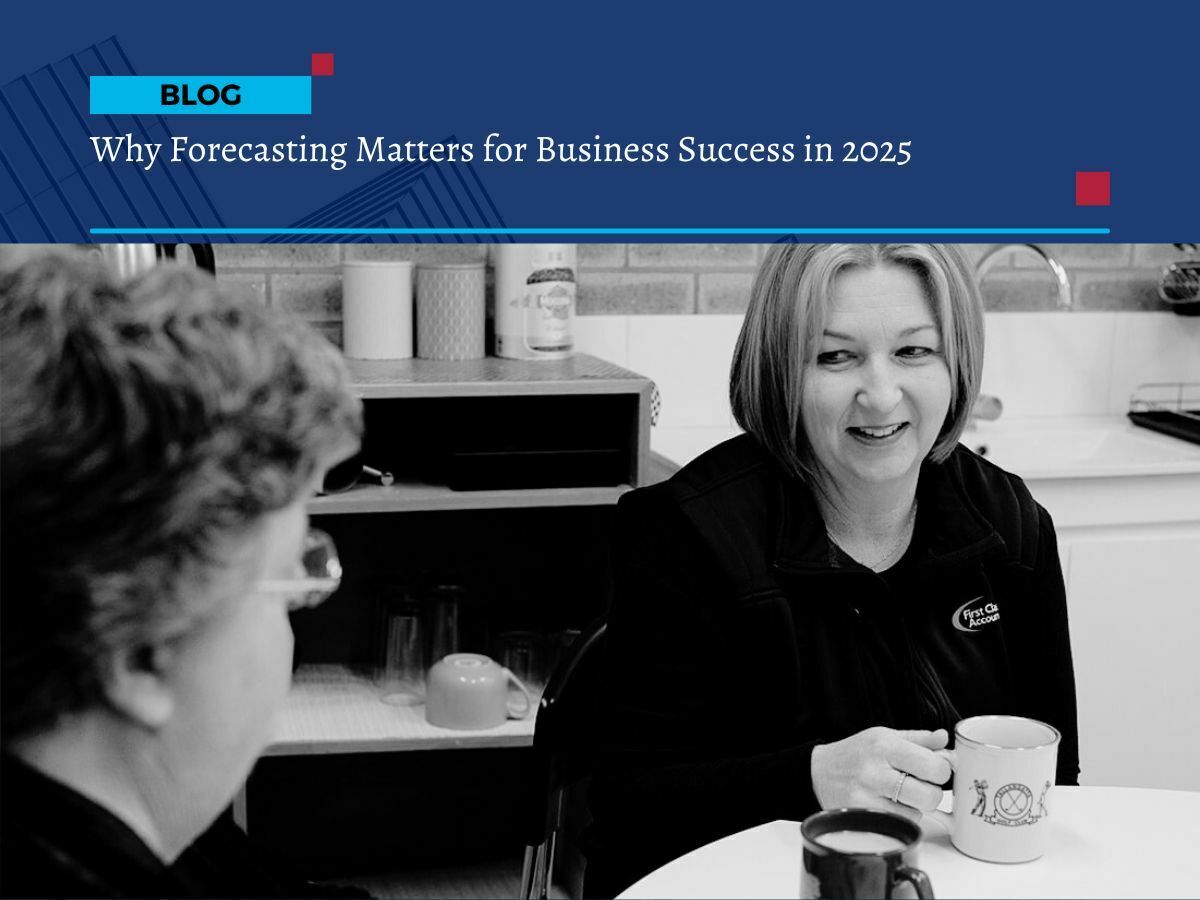
What’s in the forecast?
What’s in the forecast?
When you’re heading out for a fishing trip or a hike, you check the weather forecast first. It’s common sense. You want to know what’s coming so you’re prepared.
It’s the same with running your business.
Cashflow is your weather. And your business forecast tells you what’s ahead, sunshine or storms, based on the direction you’re heading.
But unlike the weather, if your business forecast is looking grim, you can change it. You can adjust the sails, shift course, or even rework your entire route. That’s the real value of forecasting. It gives you time to act.
What your business forecast will tell you
A good forecast isn’t just a guess. It’s a tool that pulls together your sales pipeline, expenses, planned investments, and obligations to give you a clear picture of what’s coming.
It can help you:
1. Know if you’ve got enough sales in the pipeline to hit your profit targets
Your sales forecast is more than just a list of potential deals. It’s about tracking what’s likely to convert, when, and how that stacks up against your goals. If you’re falling short, your forecast gives you time to ramp up marketing, re-engage leads, or rethink your offer.
2. Check if your margins are where they need to be
It’s not just about what you sell, it’s what you keep. Are your costs creeping up? Is pricing aligned with the value you’re delivering? Your forecast helps you assess whether your margin supports your profitability targets.
3. Spot if you need to review pricing or production processes
Are you undercharging? Is it taking too long to deliver your service or produce your goods? Forecasting highlights gaps in revenue versus effort, helping you make data-driven decisions about pricing or process improvements.
4. See if your business is running efficiently
Forecasting isn't just about revenue. It can help you assess how much you’re spending to earn that revenue. Are admin or overhead costs blowing out? Is it time to automate or outsource? Forecasting helps pinpoint where efficiency gains could be made.
5. Identify opportunities to reduce costs
Looking at your forecasted outgoings across the year helps you identify recurring expenses that can be reduced, renegotiated, or removed altogether. You’ll see where you’re overspending and where smarter choices can be made.
6. Decide if you should invest more to get a better return
Sometimes spending more is the right move. Whether it's hiring staff, upgrading tools, or investing in marketing, your forecast shows whether that investment is likely to pay off, and how soon. It helps take the guesswork out of big decisions.
7. Know how much to set aside for tax
Surprise tax bills can crush your cash flow. Your forecast should include projected tax liabilities, so you’re not caught off guard. Planning ahead means avoiding panic when it comes time to pay the ATO.
8. Understand how much you can draw from the business
It’s tempting to pull more from the business when sales are high, but will that leave you short next month? A cashflow forecast helps you make informed decisions about your drawings so you’re not undermining your business’s financial health.
9. Plan your debt repayments
Whether it’s loans, credit cards, or equipment finance, your forecast helps you plan repayments without hurting cashflow. You’ll know what you can afford, when you can afford it, and how to manage it without stress.
10. Make sure you’re meeting bank and lender requirements
If you’ve got finance in place, your lender may have covenants or minimum financial thresholds you need to meet. A forecast helps ensure you stay compliant and avoid breaching any conditions – which could impact your funding.
Forecasting helps you take control
The biggest difference between a business forecast and a weather forecast is control.
You can’t stop a storm, but if your business is heading for a rough patch, you can take action. You can boost your sales efforts, reduce expenses, adjust staffing levels, delay non-essential spending, or seek funding in advance.
Your forecast doesn’t just tell you what’s coming. It gives you the power to prepare, adjust and keep things steady.
That’s why a forecast should never be a one-off document that sits in a drawer. It should be a living tool, reviewed regularly (ideally monthly) alongside your actual performance, to make sure you're still on track.
Don’t wait to get soaked – check your forecast now
Running a business without a forecast is like heading out on the water without checking the radar.
At First Class Accounts Ovens & Murray, we build easy-to-understand cashflow forecasts tailored to your business. We help you break it down, so you know what to expect, and what to do if things change.
Need help forecasting? We can set up your budget, map out expected income and expenses, and even run ‘what if’ scenarios so you’re better prepared for anything that comes your way.
We’ll also help you interpret the numbers, spot risks, and identify opportunities, all in plain language, with support when you need it.
Talk to First Class Accounts Ovens & Murray about getting your forecast sorted for 2025-26.
We’ll help you take control of your cashflow, reduce stress, and make confident decisions for the year ahead.
“Planning is bringing the future into the present so that you can do something about it now.” – Alan Lakein
We’re here to help you every step of the way. Get in touch. Let’s make 2025-26 your most prepared year yet.

